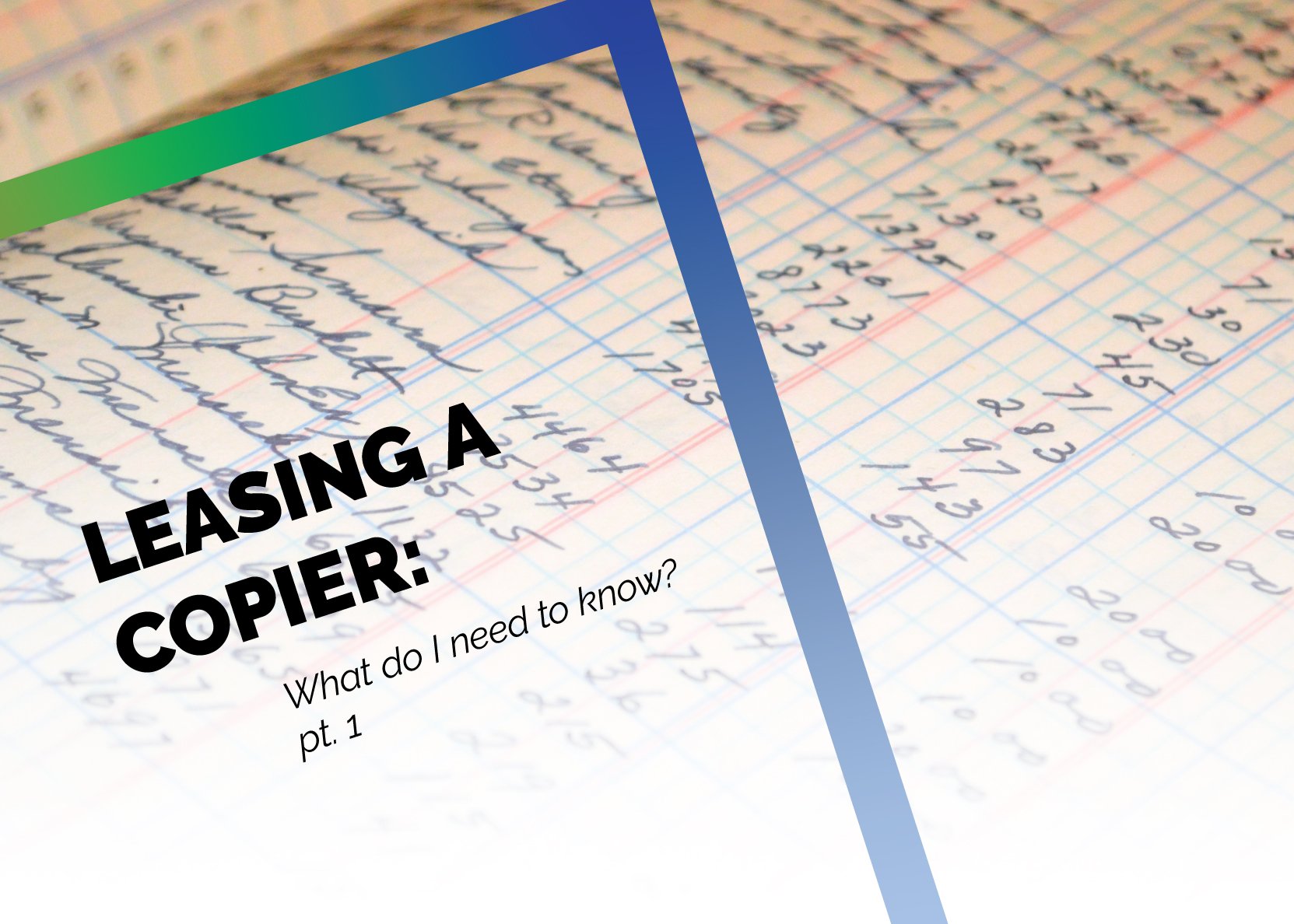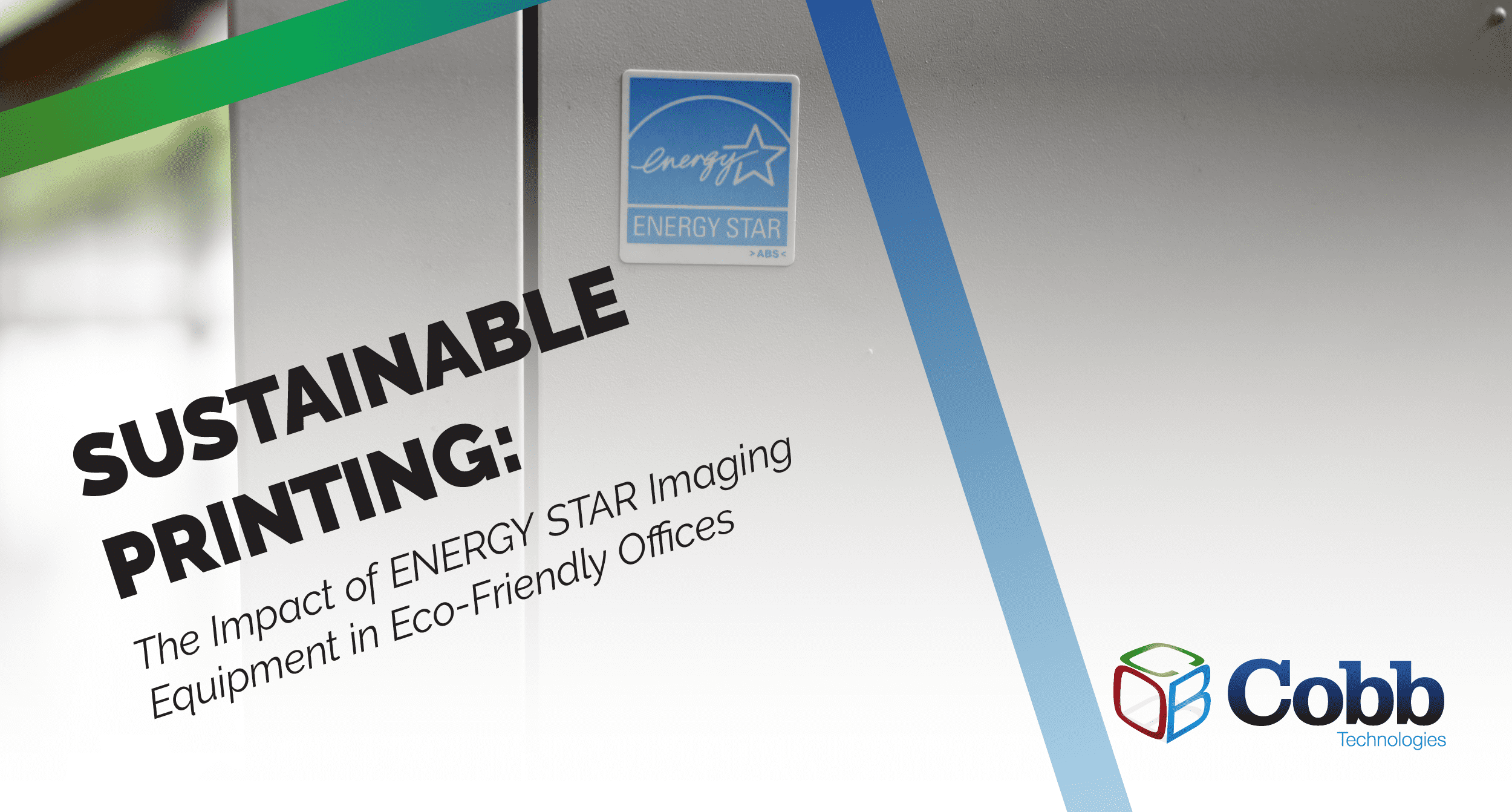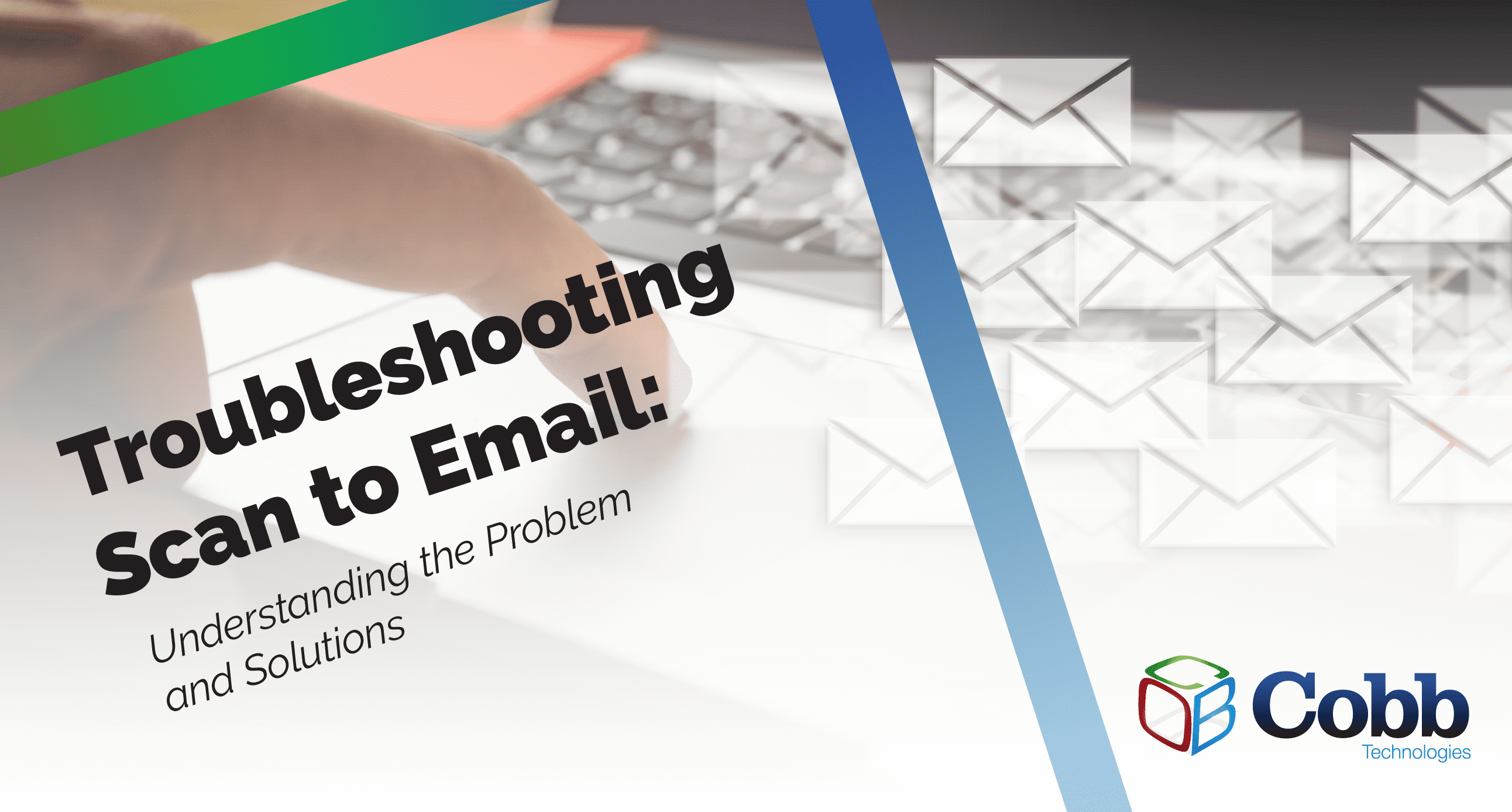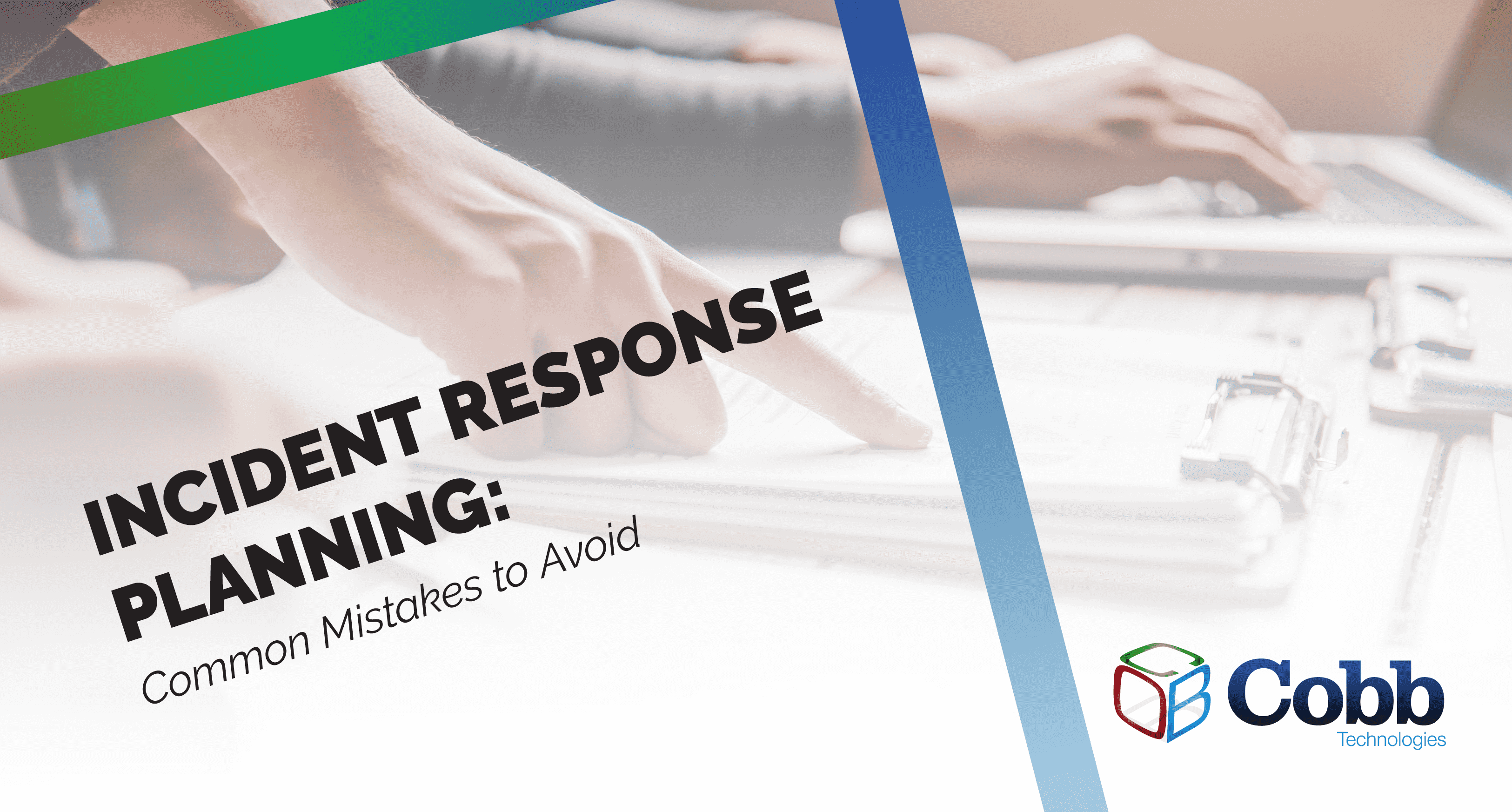9 min read
Sustainable Printing: The Impact of ENERGY STAR Imaging Equipment
Sustainability has become a top priority for businesses looking to minimize their environmental impact while maximizing efficiency. Yet, as...
3 min read
 Cathy Miles
:
Sep 8, 2020 2:48:42 PM
Cathy Miles
:
Sep 8, 2020 2:48:42 PM

Shopping for a copier would be a lot more fun if a lease wasn’t involved. If you are feeling uncertain about navigating through a lease for a copier, don’t worry — it doesn’t have to be scary.
We want you to be comfortable with your leasing experience, and to understand the key details about your lease — and that’s why we’ve created this two-part series all about leasing your copier.
Before we get started, let’s state an important fact; 90% of our customers choose to lease their copier, and 10% decide to purchase. This is standard across the office technology industry, so don’t worry — your lease may seem complicated now, but all those other businesses figured it out, and so can you.
THE BENEFITS TO LEASING YOUR COPIER
The most immediate benefit to an equipment lease is the lack of up-front cost. Your business may not have the required capital to spend on a copier — or, your business may need to free up funds for other business expenses. Whatever the reason, leasing makes the acquisition of an expensive piece of equipment like a copier possible. And in most cases, no downpayment is required.
For some small businesses, especially new small businesses, lack of capital can be a hinderance to building their office’s infrastructure. If a business is just starting out, and does not have enough established credit to qualify for a lease, there are still options available. For example, the owner of the business can usually sign off to be a guarantor of the lease, and thereby receive approval.
While the lack of upfront cost of a lease is a great benefit, the most impactful effect a lease will have on your office is regular access to the newest technology. Like our phone, tablets, and computers — we all want the latest features and functionality, top-of-the-line security — in short, we want the flexibility to obtain the newest technology.
Along with the flexibility of technology options comes the adaptability of lease terms. You have the ability to lease a copier for durations of thirty-six, forty-eight, and sixty months. This allows you to choose the term that suits your budget best, as well as how long you want to finance your lease.
When determining your ideal leasing period, the most important question to ask is how much you plan to use your copier. If your company uses your copier at high rates throughout the day, you will want to lease for a shorter amount of time, so you can turn over and refresh your devices faster.
THE DIFFERENT TYPES OF LEASES
There are two methods for leasing your copier: fair market value, and dollar buyout.
A fair market value lease — sometimes referred to as an operating lease — is the most common type of lease we see in the office technology industry. Fair market value leases give your business a lower monthly payment because the lease is a portion of the actual value of the equipment.
Rather than paying a lease to own the copier, a fair market value lease charges your business what it would cost to own the equipment for the duration of the lease. A fair market value lease gives you lots of options at the end of the lease term — you can continue to lease, return the copier to the leasing company, or upgrade. Another great benefit to a fair market value lease is the ability to deduct the monthly payment as a business expense. This is because the copier is not owned by your business, but rather the leasing company.
A dollar buyout lease — otherwise known as a capital lease — comes with a higher monthly cost than a fair market value lease, but as per its namesake only costs $1 to buyout at the end of your lease term. Typically, businesses choose this option when leasing equipment that tends to hold its value over time.
Another option for your business to consider is a bundled lease. A bundled lease combines the cost of your copier with your maintenance and service costs, as well as certain supplies like toner into one payment. This is often both cost-saving and efficiency-driven choice. Service costs, especially on aging machines, can quickly get out of hand, and accounts payable always appreciates less invoices. Learn more about service costs by watching our video, Should I Sign a Service Contract with Cobb?
Something to note with bundled leasing is that as your equipment ages through the term of your lease, there is an annual increase due to the copier’s service cost increasing. While your service contract’s rate does increase annually, these costs do not compare to the burden of supplying and servicing a copier without a service contract.
The single invoice that comes with a bundled lease will give you all of the information you need to know at-a-glance. This invoice will show you your list of devices, your usage that you’ve had on those devices, any overages you have been charged for, and the monthly cost of your lease.
For more on what you can see on a Cobb invoice, read our blog, How To Read a Cobb Invoice.
OPTIONS FOR EVERY SITUATION
No matter what stage of growth your business is in, there is a leasing option that is right for you. Make sure to check back soon for the second part in our blog series about leasing — it will cover the hidden costs of leasing a copier, as well as when and how to upgrade to a new copier at the end of your lease.

9 min read
Sustainability has become a top priority for businesses looking to minimize their environmental impact while maximizing efficiency. Yet, as...

8 min read
If you've recently encountered difficulties with your copier's scan-to-email feature, don’t worry — Your copier isn't malfunctioning; it's likely...

5 min read
Worried about cyberattacks hitting your business? You're not alone. Cyberattacks pose a real danger for businesses of all sizes, and without a solid...